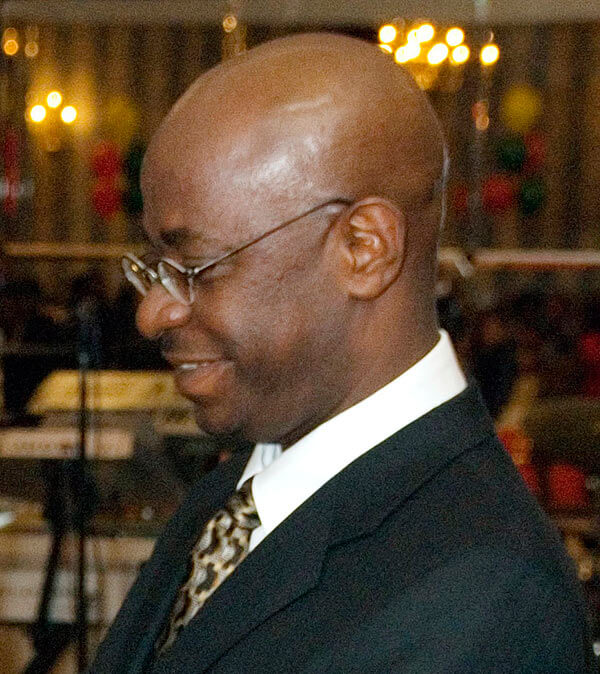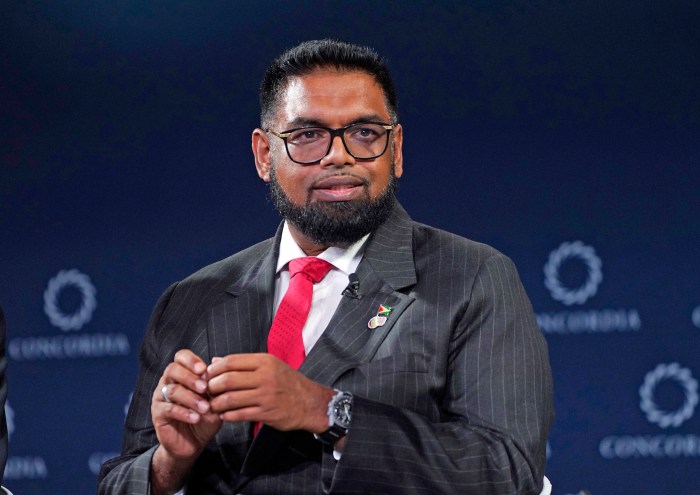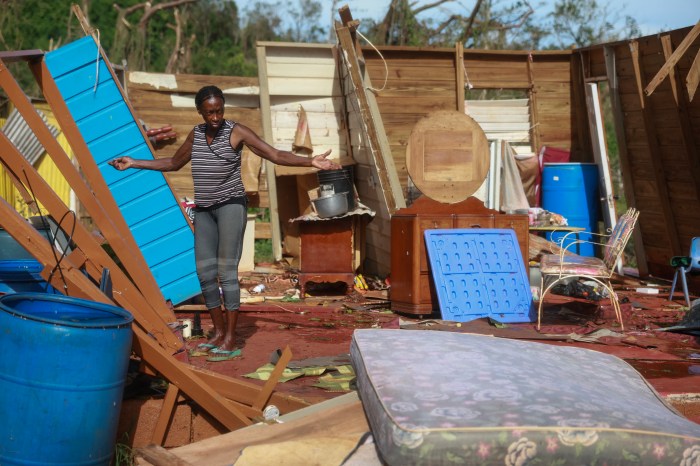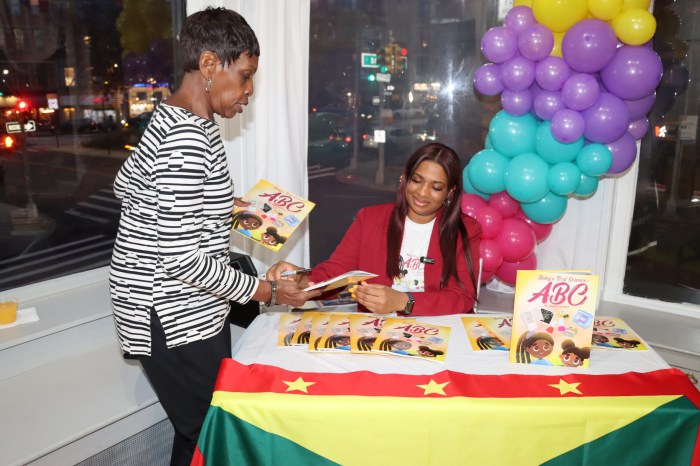The main opposition National Democratic Congress (NDC) in Grenada say it has nominated “capable, serious, independent-minded” candidates in all 15 constituencies for the March 13 general elections.
The NDC said the “team of professionals” are committed to “putting people first.
“Our team is a combination of experience and youthfulness — new ideas and veteran wisdom,” said NDC Leader V. Nazim Burke in a statement. “The men and women who have joined our team come from all walks of life – business, agriculture, government service, trade unions and academia. They are united in the belief that we need to create more jobs and opportunities for our people.”
“From our 20-something year old candidates like Tevin Andrews and Ali Dowden with plenty of new ideas and energy to wise veterans like Dr. George Vincent and Franka Bernardine who have the experience necessary to ensure they’re ready on day one, our team is the right mix of experience and youth,” Burke added.
“Our champions in St. Patrick, Joseph Andall and Cecilia Ann John, will work to bring development and make sure there are proper health services in the area,” he continued. “Our team for St. Andrew’s — Phillip Alexander, Terry Hillaire, Sylvester Quarless and Patrick Simmons – will make sure that Grenville and the surroundings aren’t forgotten, and that the parish becomes a true jobs engine — creating opportunities for young people in those areas.
In St. Mark, Burke said Jerome Thomas is an “independent-minded voice of the community, and in the Town of St. George, Claudette Joseph is from the area and cares deeply for the people.
“And, in St. George South and St. David, Ray Roberts and Adrian Thomas know that job creation isn’t enough — that we have to build an opportunity society where everyone has a chance to succeed,” the NDC leader said, stating that the campaign is engaged, and is about four things: jobs, healthcare, lower taxes and more opportunities.
“These are the most pressing issues that need government’s immediate attention,” Burke said “It’s no longer time to wait or make excuses; it’s time to vote… for an NDC team that puts people first.”
He said the 2018 campaign manifesto is about ideas and vision for creating jobs and opportunities for “our people and for improving healthcare.
“The NDC is inviting the public — for the first time in Caribbean history — to contribute substantively to the development of positive plans and ideas for the country,” Burke said, disclosing that there is a comment string open on the NDC’s Facebook page, where Grenadians are invited to share their positive policy ideas.
“We believe in listening to the people because we are a party that puts people first,” he added. “This is the first time in the history of the Caribbean that a political party is using the Internet to invite the public to share their ideas and vision for consideration to become part of a political party’s platform.
“I’m proud that we’re putting people first not just through words — but through deeds, by listening to the people and taking your ideas and opinions into account,” Burke continued. “I invite the public to comment on our Facebook page with your ideas. It could be ideas on how to create jobs and opportunity – or ideas to improve the healthcare crisis we have in Grenada; or, ideas related to any other issue facing the people. I look forward to hearing from you online.”
Forty-five candidates have been nominated for Grenada’s parliamentary elections, slated for March 13, it has been announced.
Most of the candidates are in one of two political camps, the first being the incumbent New National Party; the second is the NDC. The NNP has also nominated 15 candidates for the general elections.
Five minority parties — Grenada Empowerment Movement; Progressive Party; Grenada Reconnaissance Party; Liberal Party; and the Grenada Progressive Movement — are also vying for seats in the forthcoming poll, as well as four independent candidates.
In an odd twist of fate, this year’s parliamentary elections will not include a candidate from the minority Good Ole Democracy, or GOD, at the polls. The last time this has happened was in 1984, according to telesur.
Justin “Crow” McBurnie, leader of the GOD, said this is not the end of his political career “because Grenadians will still like to see me as prime minister of this country,” telesur said.
In Grenada, elections are won based on the number of constituencies secured rather than the sum total of popular votes. Prime Minister Mitchell is confident that his NNP will be re-elected for a second, five-year term.
It’s not clear why Mitchell scheduled the general election for March 13, the date holds a very special meaning to islanders, telesur said. On that day, in 1979, Maurice Bishop-led members of the New Jewel Movement (NJM,) in a bloodless revolution, which overthrew former Prime Minister Sir Eric Gairy. At the time, Gairy was on an official visit to the United States.
Bishop sought greater labor rights, gender equality and less dependence on the United States and Western countries in general, while helping guide the People’s Revolution, telesur noted.
It said the Grenadian Revolution would last for four years, until Oct. 19, 1983, when members of the NJM, led by Bishiop’s deputy Bernard Coard, captured Bishop and several Cabinet members of the People’s Revolutionary Government and executed them.
Days later, while Ronald Reagan was president, the United States, under the pretext of rescuing American medical students at St. George’s University School of Medicine, invaded the “Spice Isle.”























